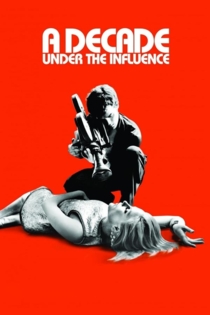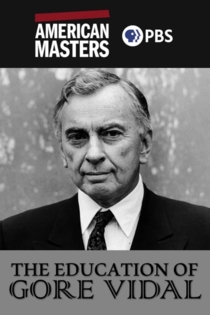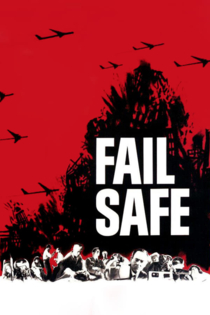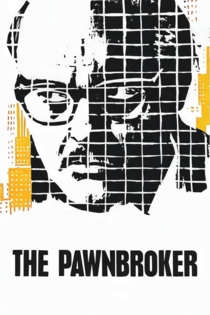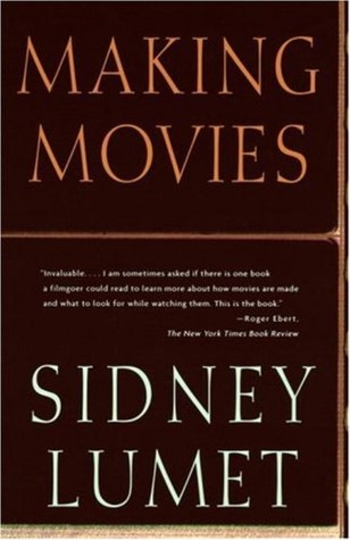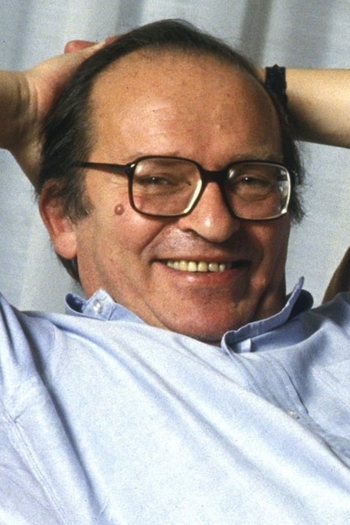
Sidney Lumet
1924 - 2011The Encyclopedia of Hollywood states that Lumet was one of the most prolific directors of the modern era, making more than one movie per year on average since his directorial debut in 1957. He was noted by Turner Classic Movies for his "strong direction of actors", "vigorous storytelling" and the "social realism" in his best work. Film critic Roger Ebert described him as having been "one of the finest craftsmen and warmest humanitarians among all film directors." Lumet was also known as an "actor's director," having worked with the best of them during his career, probably more than "any other director."
Lumet began his career as an Off-Broadway director, then became a highly efficient TV director. His first movie was typical of his best work: a well-acted, tightly written, deeply considered "problem picture," 12 Angry Men (1957). From that point on Lumet divided his energies among other idealistic problem pictures along with literate adaptations of plays and novels, big stylish pictures, New York-based black comedies, and realistic crime dramas, including Serpico and Prince of the City. As a result of directing 12 Angry Men, he was also responsible for leading the first wave of directors who made a successful transition from TV to movies. In 2005, Lumet received an Academy Award for Lifetime Achievement for his "brilliant services to screenwriters, performers, and the art of the motion picture." Two years later, he concluded his career with the acclaimed drama Before the Devil Knows You're Dead (2007).
Description above from the Wikipedia article Sidney Lumet, licensed under CC-BY-SA, full list of contributors on Wikipedia.
12 Angry Men
Sidney Lumet
Martin Balsam, John Fiedler
The defense and the prosecution have rested and the jury is filing into the jury room to decide if a young Spanish-American is guilty or innocent of murdering his father. What begins as an open and shut case soon becomes a mini-drama of each of the jurors' prejudices and preconceptions about the trial, the accused, and each other.
12 Angry Men
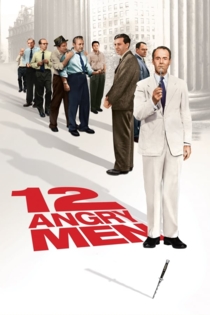
King: A Filmed Record... Montgomery to Memphis
Sidney Lumet, Joseph L. Mankiewicz
Martin Luther King, Coretta Scott King
Constructed from a wealth of archival footage, the documentary follows Dr. Martin Luther King, Jr. from 1955 to 1968, in his rise from regional activist to world-renowned leader of the Civil Rights movement. Rare footage of King's speeches, protests, and arrests are interspersed with scenes of other high-profile supporters and opponents of the cause, punctuated by heartfelt testimonials by some of Hollywood's biggest stars.
King: A Filmed Record... Montgomery to Memphis
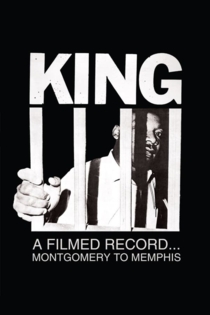
Network
Sidney Lumet
Faye Dunaway, Peter Finch
When veteran anchorman Howard Beale is forced to retire his 25-year post because of his age, he announces to viewers that he will kill himself during his farewell broadcast. Network executives rethink their decision when his fanatical tirade results in a spike in ratings.
Network
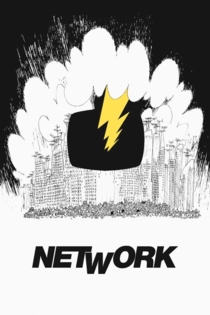
Dog Day Afternoon
Sidney Lumet
Al Pacino, John Cazale
Based on the true story of would-be Brooklyn bank robbers John Wojtowicz and Salvatore Naturale. Sonny and Sal attempt a bank heist which quickly turns sour and escalates into a hostage situation and stand-off with the police. As Sonny's motives for the robbery are slowly revealed and things become more complicated, the heist turns into a media circus.
Dog Day Afternoon

The Hill
Sidney Lumet
Sean Connery, Harry Andrews
North Africa, World War II. British soldiers on the brink of collapse push beyond endurance to struggle up a brutal incline. It's not a military objective. It's The Hill, a manmade instrument of torture, a tower of sand seared by a white-hot sun. And the troops' tormentors are not the enemy, but their own comrades-at-arms.
The Hill
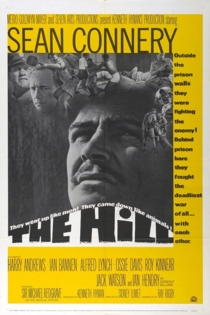
You Must Remember This: The Warner Bros. Story
Richard Schickel
Clint Eastwood, Carroll Baker
Jack L. Warner, Harry Warner, Albert Warner and Sam Warner were siblings who were born in Poland and emigrated to Canada near the turn of the century. In 1903, the brothers entered the budding motion picture business. In time, the Warner Brothers moved into film production and would open their own studio in 1923.
You Must Remember This: The Warner Bros. Story

The Iceman Cometh
Sidney Lumet
Jason Robards, Myron McCormick
Theodore Hickman, a hardware salesman, makes by-yearly visits to Harry Hope's 1910-era waterfront bar for his periodical drinking binges. But on this visit he has decided to try to save the bar's patrons from their "lying pipe dreams."
The Iceman Cometh
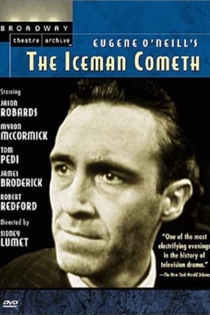
Serpico
Sidney Lumet
Al Pacino, John Randolph
Frank Serpico is an idealistic New York City cop who refuses to take bribes, unlike the rest of the force. His actions get Frank shunned by the other officers, and often placed in dangerous situations by his partners. When his superiors ignore Frank's accusations of corruption, he decides to go public with the allegations. Although this causes the Knapp Commission to investigate his claims, Frank has also placed a target on himself.
Serpico
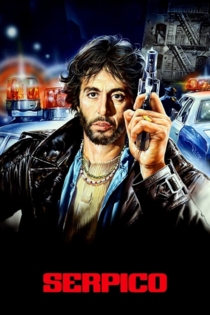
The Tramp and the Dictator
Kevin Brownlow, Michael Kloft
Kenneth Branagh, Walter Bernstein
A look at the parallel lives of Charlie Chaplin and Adolf Hitler and how they crossed with the creation of the film “The Great Dictator,” released in 1940.
The Tramp and the Dictator
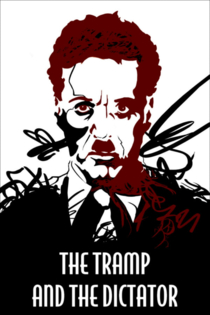
The Verdict
Sidney Lumet
Paul Newman, Charlotte Rampling
Frank Galvin is a down-on-his-luck lawyer and reduced to drinking and ambulance chasing, when a former associate reminds him of his obligations in a medical malpractice suit by serving it to Galvin on a silver platter—all parties are willing to settle out of court. Blundering his way through the preliminaries, Galvin suddenly realizes that the case should actually go to court—to punish the guilty, to get a decent settlement for his clients... and to restore his standing as a lawyer.
The Verdict
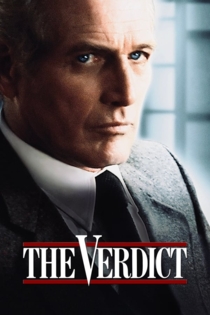
I Knew It Was You: Rediscovering John Cazale
Richard Shepard
John Cazale, Al Pacino
John Cazale was in only five films – The Godfather, The Conversation, The Godfather: Part II, Dog Day Afternoon and The Deer Hunter – each was nominated for Best Picture. Yet today most people don't even know his name. I KNEW IT WAS YOU is a fresh tour through movies that defined a generation.
I Knew It Was You: Rediscovering John Cazale
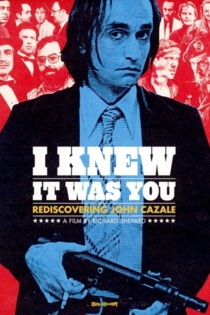
A Decade Under the Influence
Richard LaGravenese, Ted Demme
Julie Christie, Sydney Pollack
A documentary examining the decade of the 1970s as a turning point in American cinema. Some of today's best filmmakers interview the influential directors of that time.
A Decade Under the Influence
